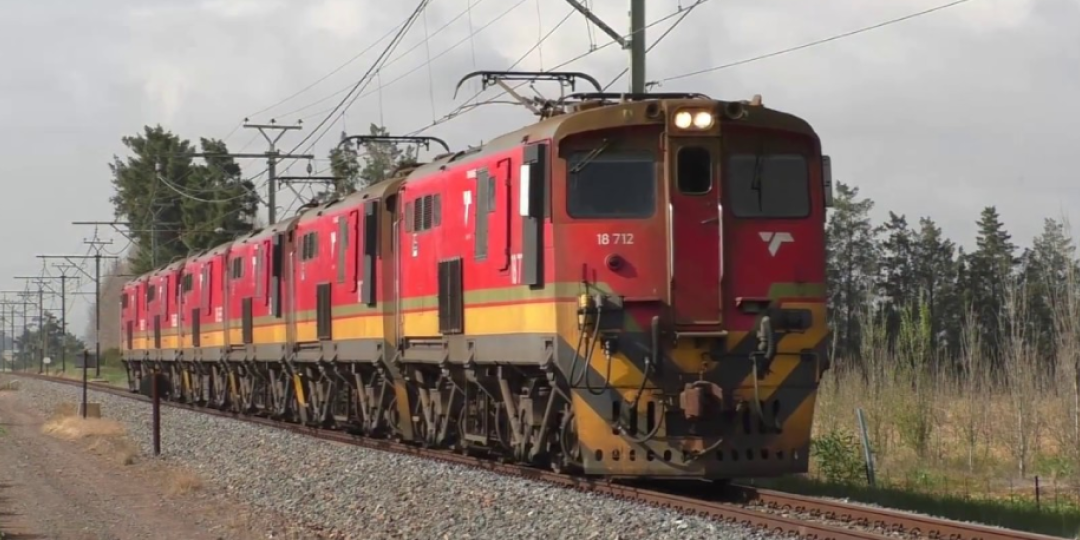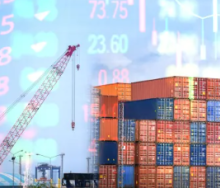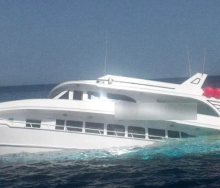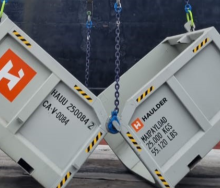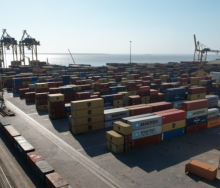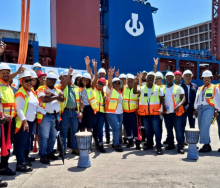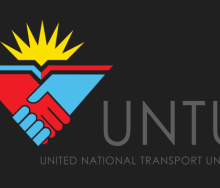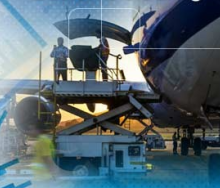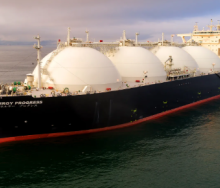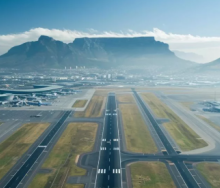South African logistics parastatal, Transnet, officially launched its new 375-wagon manganese train today, with the production train set to carry the most number of wagons in the world.
The train – which is more than four kilometres long – will transport iron between Sishen and Saldanha, with the wagons set to carry 23 625 tonnes of iron per trip.
In a statement released earlier today, Transnet Freight Rail (TFR) GM Brian Monakali said he was pleased the train was at full operational capacity, and he hoped future technological advancements would improve the logistics sector even further.
“Transnet has now successfully operationalised the 375-wagon train. The collaboration on technical research and sharing of best-practice by heavy haul operations worldwide will surely keep pushing the operations,” said Monakali.
Lloyd Tobias, Transnet acting CE, confirmed that the new train was in keeping with the company’s ambitions to alleviate road traffic congestion.
“This is in line with TFR’s business objective of applying heavy-haul operating, maintenance, design, construction and best-practice principles on general freight operations”.
It includes “Transnet’s strategy of migrating traffic from road to rail,” said Tobias.
Over the past six years, Transnet has seen its exports of manganese grow exponentially from five metric tonnes (mt) in 2012/13 to a record-breaking 15.1mt in 2018/19, with the new project set to maximise manganese volumes through the optimisation of existing assets and infrastructure.
However, the costs of upgrading the systems already in place are hefty, and according to Russell Baatjies, GM for the state-owned company’s iron ore and manganese business unit, technological advances such as radio-distributed power will assist in cutting costs.
“That option would have cost us significant capital. The project team was challenged to explore the use of technology through Industry 4.0 solutions, to achieve the same objective at minimum cost. Applying distributed power technology to increase the train length to 375 wagons will reduce capital requirements by over 90% of the initial estimate,” said Baatjies.
